Trending searches
$0
Amazon Sword Echinodorus (Red Pearl) LIVE AQUARIUM PLANT
Echinodorus Red Pearl Sword is a rare type of Amazon Sword with green leaves and red markings throughout. Like most swords, they should be planted directly into the substrate. When using inert substrate such as sand or gravel, it is important to supplement the plants with root tabs as Echinodorus are heavy root feeders. The plant can be grown both immersed and submerged and often, new leaves can grow to the top above the water line. Overall, this plant is easy and undemanding and very suitable for larger tanks.
Echinodorus is a very hardy species of aquatic plants. Most Echinodorus require nutrient-dense soil to thrive as they are heavy root feeders. Echinodorus grow large and are more suitable for larger planted aquariums.
===========================✦ ✦
What We Like About This Plant: 🌠🌠
Distinctive red and green oval leaves
Tall and wide growth that is ideal for larger aquariums
Very easy to propagate
Provides a great deal of cover for animal fry
Very hardy and durable in a well-lit, nutrient-rich aquarium
Care Guidelines: 🌠🌠
🌟 Temperature: 72° - 83° F (22° - 28° C)
🌟 Care: Easy
🌟 Height: 4-9"
🌟 CO2: Not Required
🌟 Growth Rates: Slow
🌟 Lighting: Medium - High
🌟 Propagation: Separate new plantlets from the root
🌟 Aquarium placement: Middle to background
Note: Images are for reference only. Actual plants may vary in size, color, and appearance due to natural variations and seasonal growth.
At Canton Aquatics LLC, we take great pride in providing high-quality live aquarium plants to our customers. We understand the complexities involved in shipping live plants and are committed to ensuring they arrive at your doorstep in excellent condition.
Shipping Process:
DOA (Dead on Arrival) Policy:
Limitations and Responsibilities:
Cancellation and Changes:
Customer Support:
By placing an order with Canton Aquatics LLC, you acknowledge and agree to the terms outlined in this shipping policy.
Please be sure to check the regulations in your state regarding restricted plants. Our policy is to avoid shipping any plants that are prohibited in your area to ensure compliance and environmental safety. It's important not to introduce plants into the wild or waterways, as this could disrupt local ecosystems by introducing invasive species.
We appreciate your efforts in helping to protect the environment. For the latest updates, you can consult the USDA State Noxious Weed list here.
Thank you for your dedication to preserving our natural habitats.
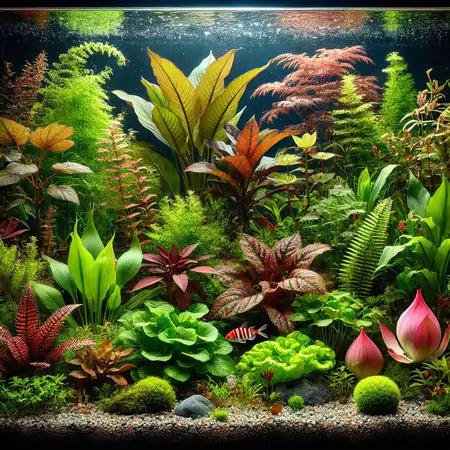

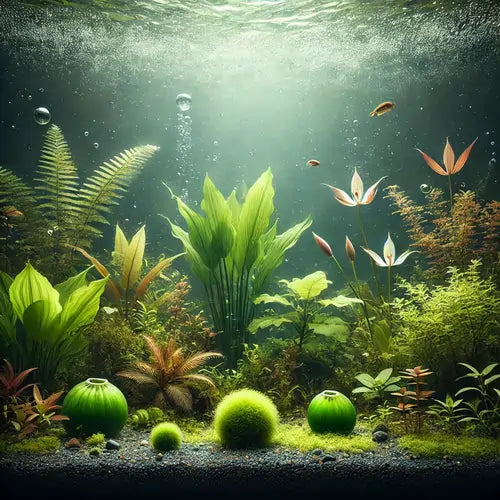
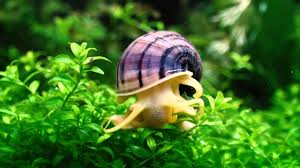
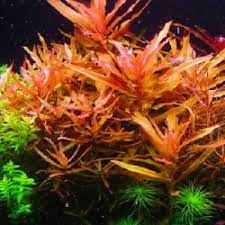
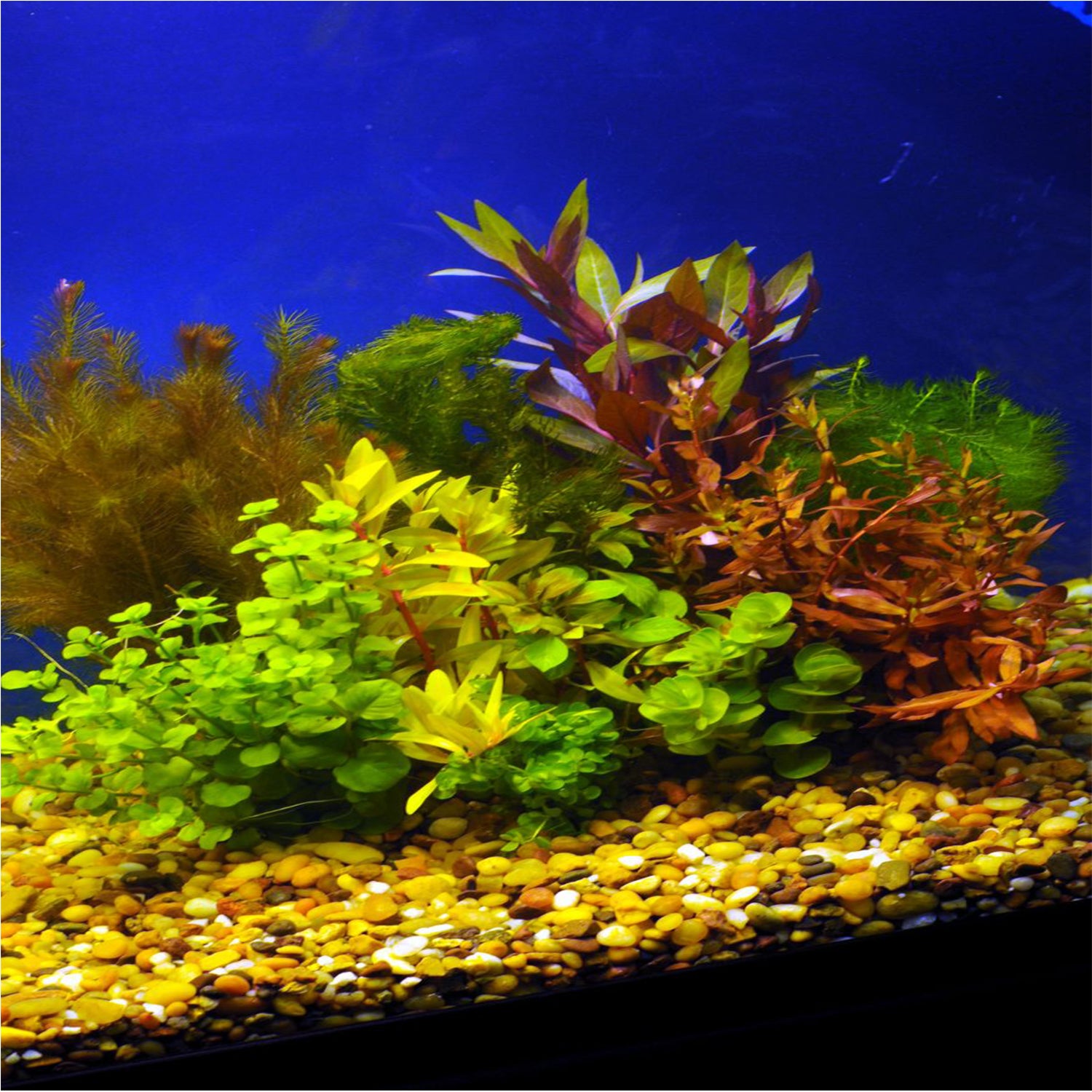
!